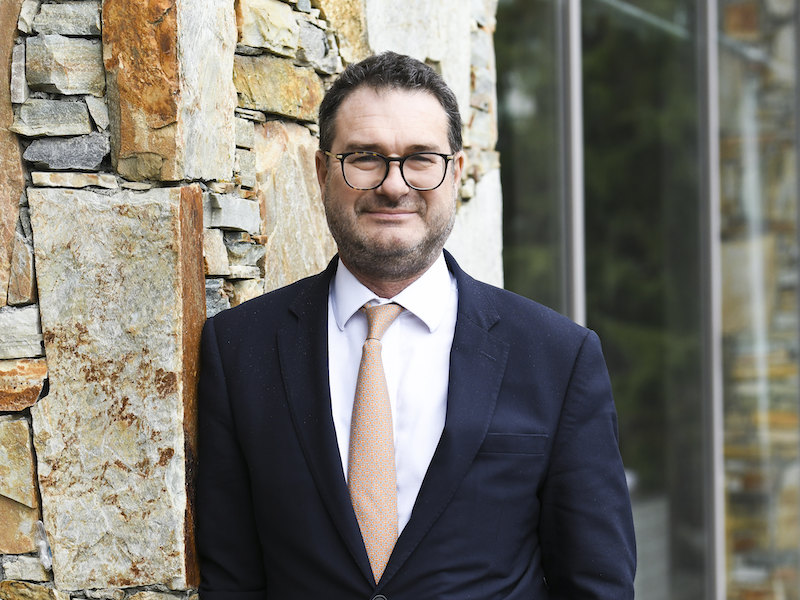

“There’s a new market regime in 2023,” said Justin Thomson, chief investment officer and head of international equity at T. Rowe Price, during the Canadian Investment Review’s 2023 Global Investment Conference.
“It’s characterized by higher trend inflation, rates normalization, liquidity withdrawals, de-globalization and elevated volatility.”
While he said he expects these conditions will encourage equity investors to lower their allocations to U.S. equity markets and raise their allocations to other markets, he added it isn’t difficult to see why his view isn’t shared by everyone. “[The U.S.] has the benefit of scale, innovation, benign regulation and access to capital markets. So why bet against it?”
Read: Populism, politics and tech continue to disrupt markets
In the past 31 years, U.S. market capitalization has tripled, said Thomson, noting that, with the growth in profitability, the value of American financial assets has grown far faster than its gross domestic product. “Something is happening here. . . . I don’t want to talk down U.S. equities too much but there’s much, much more that can go wrong [for them] than there’s been for a long, long time.”
His biggest concern is that growth in the U.S. economy hasn’t been felt evenly, describing its concentrated growth pattern as unsustainable. “We’ve been in this extraordinary period where a group of very large companies have been highly profitable and growing at an unprecedented rate for a long time.”
However, he noted international equities haven’t enjoyed such a long period of strong, concentrated growth. “Your valuation starting point in international equity is very favourable versus history and versus the U.S. . . . If inflation proves sticky, you have the better inflation hedge in the sector allocations internationally.”
Read: 2022 IIC coverage: Finding differentiated sources of growth and alpha in emerging markets
Despite the strength of the case for international equities, Thomson said it would be psychologically difficult for many investors to spurn U.S. markets. “We’ve, collectively, been conditioned into a world of . . . maximum liquidity and minimum volatility. That was the optimal conditions for growth stock investing. I think that era is behind us.”
He’s strategically positive about equities, with a preference for international equities over U.S.-domiciled equities, while he’s also cautious about allocations to Chinese markets. “We live in a world where the dominant superpower is being challenged by an emerging superpower. History tells us they will rumble and I don’t know how to handicap that. . . . I think you assign a risk premium to it.”
In addition, Thomson is particularly enthusiastic about the Japanese market, noting its currency is one of the factors playing into the hands of investors in Japanese equities. “In local currency, Japan has been one of the better performing developed markets in the last 10 plus years.
“The yen’s value is nearly at its lowest point in 15 years. . . . It feels cheap in a way it doesn’t normally feel. The same can be said for other developed market currencies, including the pound sterling.”
Read more coverage of the 2023 Global Investment Conference.
